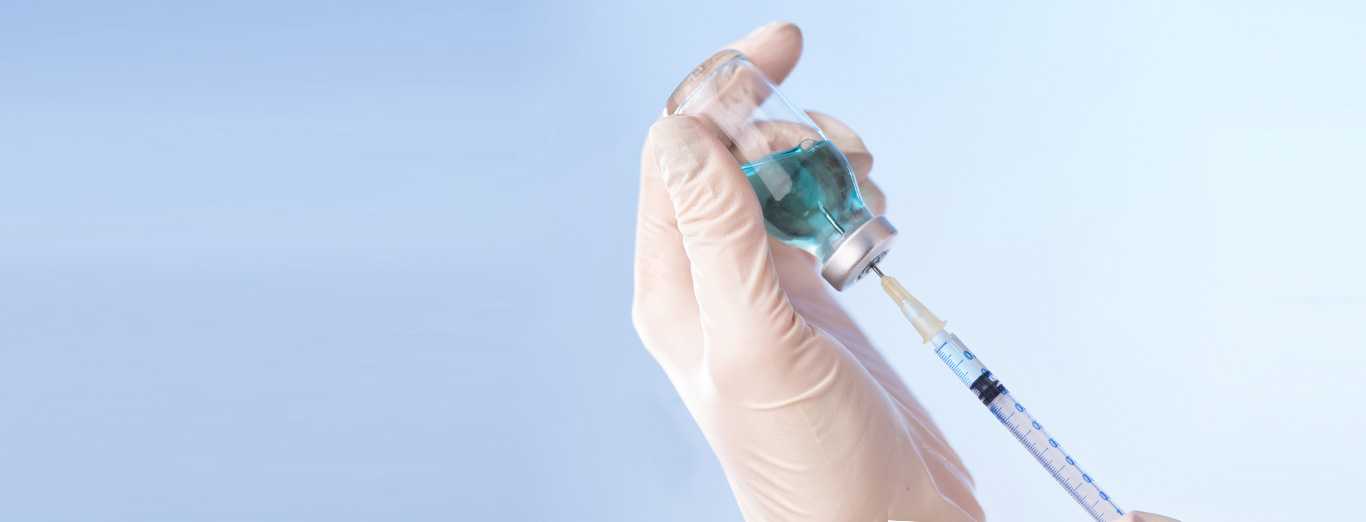
pneumococcal vaccination at home
Patient Testimonials
pneumococcal disease
Pneumococcal disease is an infection. The cause is a bacterium known as the Streptococcus pneumoniae (S. pneumoniae), also known as pneumococcus. The infection can lead to pneumonia, infection of the blood (bacteremia/sepsis), middle-ear infection (otitis media), or bacterial meningitis. Prevention includes tasking the Pneumococcal vaccination
what is pneumococcal vaccine?
Pneumococcal vaccine is also known as pneumonia vaccine. It is a vaccine that has been developed to fight off the bacteria Streptococcus pneumoniae. The use of the pneumococcal vaccine can prevent some cases of pneumonia, meningitis, and sepsis.
Two types of pneumococcal vaccines are exist:
- Pneumococcal conjugate vaccine
- polysaccharide vaccines.
Pneumococcal vaccination
A common question among people is when to give pneumococcal vaccine.
when to give pneumococcal vaccine?
The pneumococcal injection should be given to healthy infants and senior citizens. Whether you take the pneumococcal vaccine at home or at a clinic, it is important that you take it.
Pneumococcal vaccine age
All children younger than 2 years of age are of the recommended pneumococcal vaccine age. It is recommended that infants and toddlers who are healthy take it. They should receive no less than 4 doses of pneumococcal conjugate vaccine PCV13 at the following periods of development:
- One dose at 2 months of age
- One dose at 4 months of age
- One dose at 6 months of age
- One dose at 12 months to 15 months of age
Pneumococcal conjugate vaccine is also recommended for children with certain health conditions, and for all adults 65 years of age and older. Children who may:
- Have sickle cell disease
- Have a damaged spleen or no spleen
- Have a cochlear implant
- Have a cerebrospinal fluid (CSF) leak
- Have HIV/AIDS
- Have other diseases that affect the immune system. This can include diabetes, cancer, or liver disease
- Be on medication that compromises the immune system, such as chemotherapy or steroids
- Need the pneumococcal vaccine.
- The pneumococcal vaccine is also recommended for all people 65 years and older.
- One pneumococcal injection of PCV13 should be taken first, followed by a pneumococcal injection of PPSV23, at least 1 year later.
- If any pneumococcal injection of PPSV23 has already been administered, the dose of PCV13 should be taken at least 1 year after the most recent PPSV23 dose.
pcv (pneumococcal conjugate vaccine)
PCV (Pneumococcal conjugate vaccine) is made of 2 things – a pneumococcal vaccine and a conjugate vaccine. It is administered in order to protect infants, young children, and adults against disease caused by the bacterium Streptococcus pneumoniae.
polysaccharide vaccines
Another type of pneumonia vaccine is known as polysaccharide vaccines. Polysaccharide vaccines can be developed against several diseases such as Neisseria meningitidis, Streptococcus pneumoniae, Haemophilus influenzaetype b, and Salmonella typhi. The pneumococcal vaccine works to prevent infection by inducing an immune response against specific capsular polysaccharides. These pneumococcal vaccines, however, provide little protective immunity in infants and young children.
Pneumococcal vaccine dose
The standard pneumococcal vaccine dose is 0.5mL
Pneumococcal vaccine dose for adults
The recommended pneumococcal vaccine dose for adults is to take at least 2 pneumococcal injection to ward off the pneumococcal disease.
Pneumococcal vaccine dose for children
The recommended Pneumococcal vaccine dose for children is 4 at various stages in their life. The pneumococcal vaccination is crucial in helping them stay healthy.
Pneumococcal vaccine side effects
Pneumococcal vaccination can have some side effects. Some of the common pneumonia vaccine side effects are:
In adults, after receiving the Pneumococcal vaccination, they may experience
- fatigue,
- tired feeling,
- headache,
- muscle pain,
- joint pain,
- decreased appetite,
- injection site reactions like redness, swelling, pain, tenderness, or a hard lump
- limitation of arm movement,
- tired feeling,
- drowsiness,
- sleeping more or less than usual,
- Chills,
- Skin rash,
- vomiting,
- diarrhea, or
- low grade fever (102 degrees or less).
- In infants and toddlers, common side effects of the pneumonia vaccine include the above, and:
- crying,
- fussiness, or
- irritability.
This is not a complete list of all the side effects that may occur post the administration of the pneumonia vaccine or pneumococcal vaccine. If any adverse reactions are caused by the pneumococcal vaccination, it is best to see a doctor.
pneumococcal vaccine in india
Pneumonia kills 2 lakh babies every year. This is why it is so important to get the Pneumococcal vaccine India has to offer. The Pneumococcal vaccine India offers has a newer version designed to save lives.
how can we help?
The Pneumococcal disease can be quite difficult to deal with. At Portea, we provide the pneumococcal vaccine at home to help you get your recommended dose of the pneumococcal vaccination and Pneumococcal conjugate vaccine(PCV). We are committed to delivering high-class medical care in the comfort of your home. Give us a call and we will send in our best experts to help you right away.
References
Doctor Consultation
Nursing
Physiotherapy
Trained Attendant
Elder Care
Mother & Baby Care
Lab Tests
Medical Equipment
Speciality Pharma
Critical Care






